We are fast approaching that time of the year where Australia debates, discusses and learns what the 26 January means to them and others. As the CEO of Welcome to Country, I wanted my 26 January 2025 message not enter into the debate but offer some insight into the amazing achievements of Aboriginal and Torres Strait Islander people. So, those that may enter into debates, discussions, conversations and yarns – have some information which will provide some insights and perhaps substance. After all, knowledge is power.
At Welcome to Country, we take immense pride in being a platform that bridges the rich cultures and languages of Australia's First Nations peoples with the world. It is truly a magical experience to share these ancient and living traditions, passed down through generations, with both Australians and global audiences.
None of this would be possible without the generosity of cultural practitioners, knowledge holders, and language speakers who share their heritage through our platform. They help us foster a deeper understanding and appreciation of Aboriginal and Torres Strait Islander cultures, which are embraced by people from all walks of life, both in Australia and beyond.
For many, January 26 remains a solemn day, reflecting on a painful chapter in our nation's history. It serves as a reminder of the struggles endured by First Nations peoples, and the conversations around what this day represents are important. However, it is also an opportunity to recognise the significant contributions that Aboriginal and Torres Strait Islander peoples have made to Australia’s identity and its global standing. Here are some key areas where these contributions continue to impact our nation and the world:
Cultural Tourism: Aboriginal culture is a cornerstone of Australia’s tourism industry. Indigenous cultural experiences, such as festivals, guided tours, and visits to iconic sites like Uluru, the Kimberley, and Kakadu National Park, are major attractions. The Indigenous tourism sector was valued at over $6 billion, driving both economic growth and cultural understanding. The increasing demand for authentic Aboriginal and Torres Strait Islander cultural experiences highlights the importance of preserving and sharing this heritage.
Indigenous Arts and Crafts: Aboriginal and Torres Strait Islander art, from traditional dot paintings to contemporary works, is a significant part of Australia’s arts industry. Indigenous artists and art centers contribute millions to the economy, with art exports accounting for a substantial portion of the global market. Aboriginal and Torres Strait Islander art is celebrated worldwide, with pieces displayed in prestigious galleries such as the National Gallery of Australia and the British Museum in London, reinforcing both the cultural and economic value of these creations.
Sustainability and Land Management: Aboriginal and Torres Strait Islander peoples have a long-standing connection to the land, using traditional practices such as Firestick Farming to manage ecosystems. This knowledge is now being applied to contemporary land management strategies, especially in mitigating bushfire risks and promoting environmental sustainability. Indigenous-led initiatives, including carbon credit schemes, offer economic opportunities for Aboriginal and Torres Strait Islander communities while protecting the environment for future generations.
Economic Inclusion and Development: Aboriginal and Torres Strait Islander economic development continues to grow, with a focus on empowering Indigenous communities through business opportunities. Aboriginal-owned enterprises are making significant strides across various sectors, including mining, agriculture, tourism, and arts. In regions like the Northern Territory and other states, successful Aboriginal-led ventures are creating jobs, supporting local economies, and fostering economic self-sufficiency.
Social Impact and Workforce Participation: Embracing Aboriginal culture and heritage has profound social benefits. Efforts to integrate Indigenous cultural practices into education systems help foster a stronger sense of identity and pride among Aboriginal youth. This contributes to greater participation in the workforce, where Indigenous Australians are increasingly taking on leadership roles. These initiatives not only enhance individual opportunities but also enrich the broader Australian economy by increasing workforce diversity and productivity.
Collectively, these contributions demonstrate that Aboriginal culture is a powerful force for positive change in Australia, enhancing both the economy and the social fabric of the nation. Through tourism, art, land management, business development, and workforce inclusion, First Nations peoples continue to shape Australia’s future while enriching its global presence.
Whatever you decide to do on the 26 January, take some time to reflect on our nations history but importantly, ask yourself how we can continue to build on the amazing achievements of our First Nations peoples and be united in celebrating it in the future.







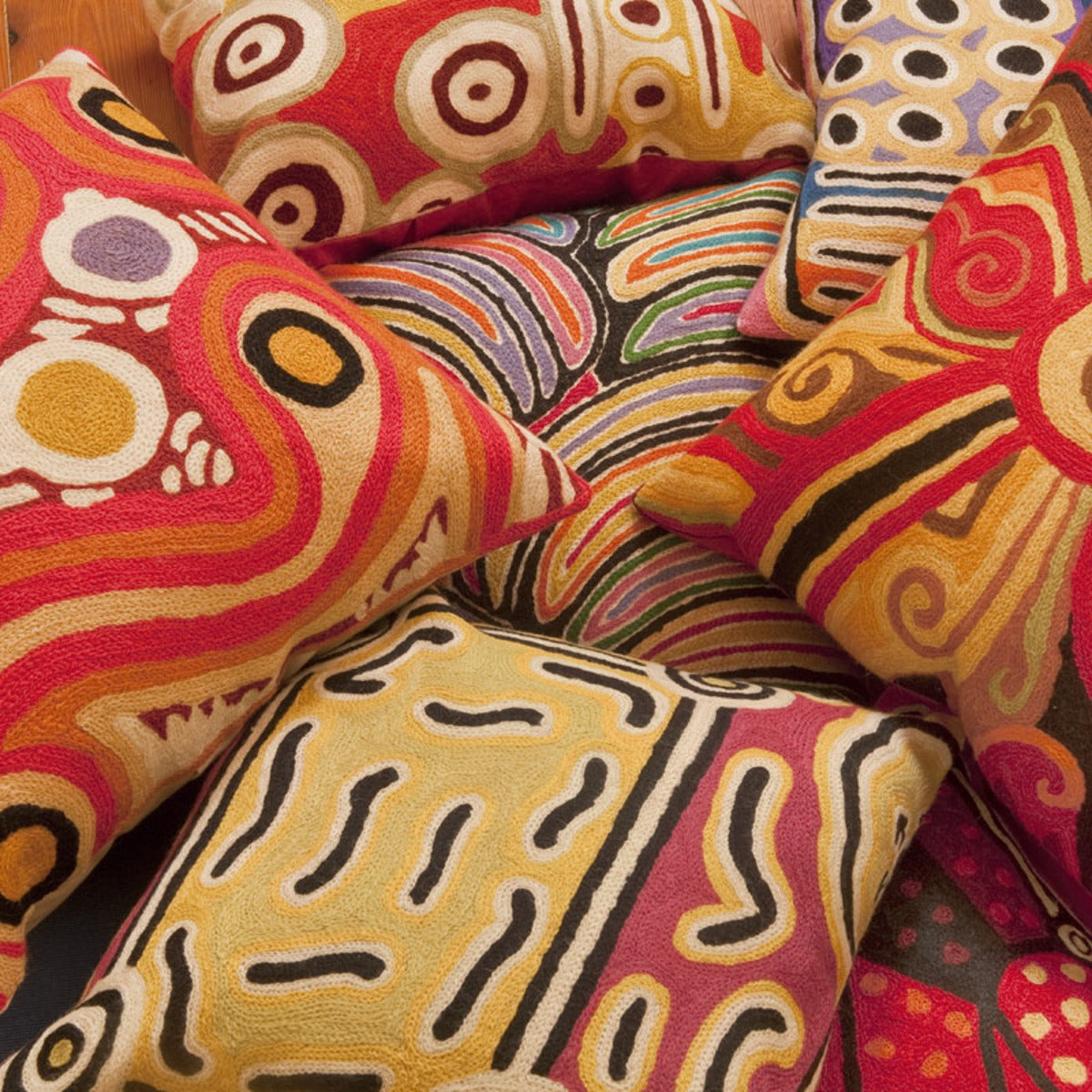











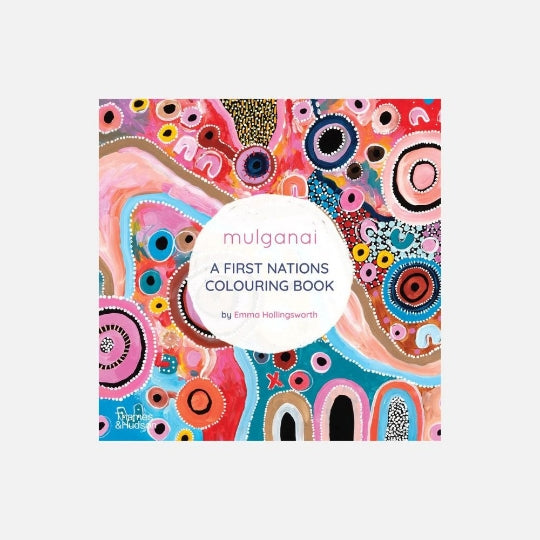
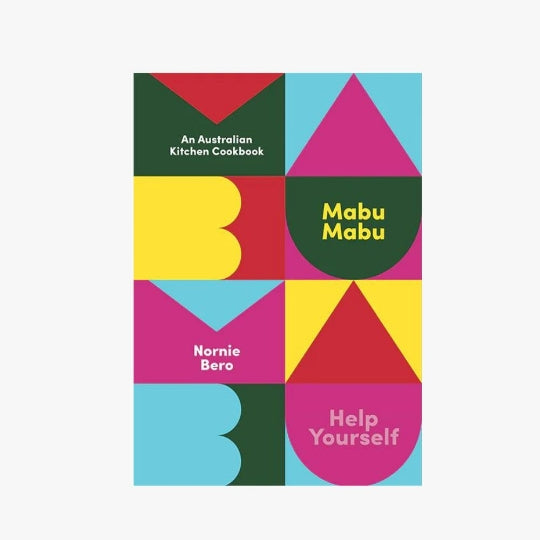







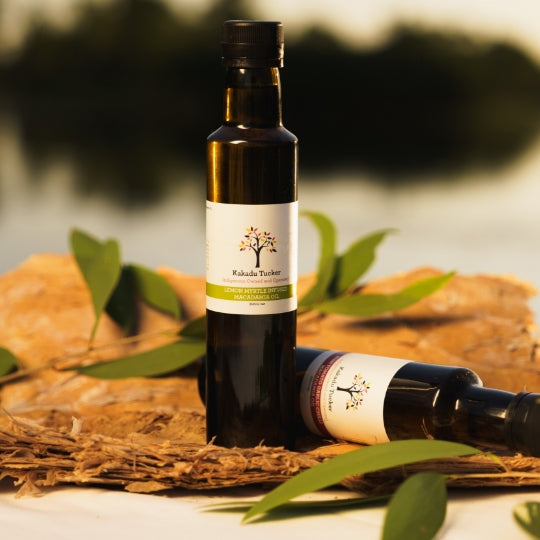



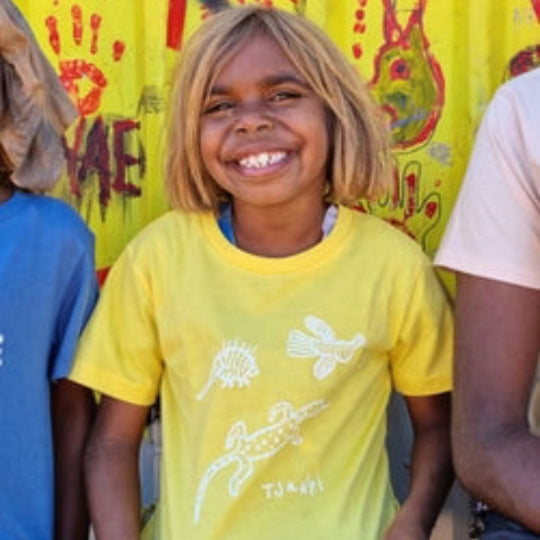
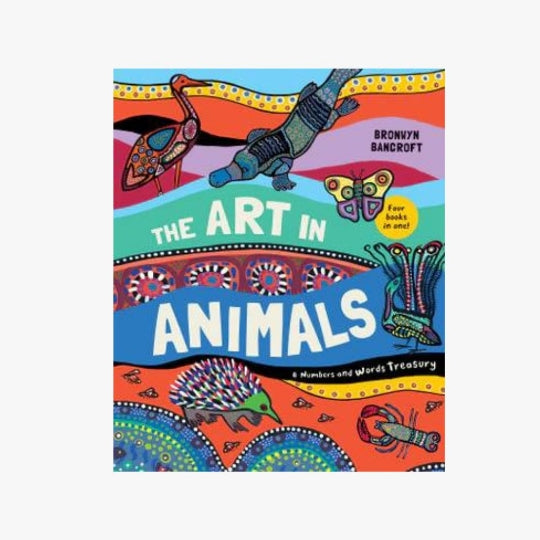


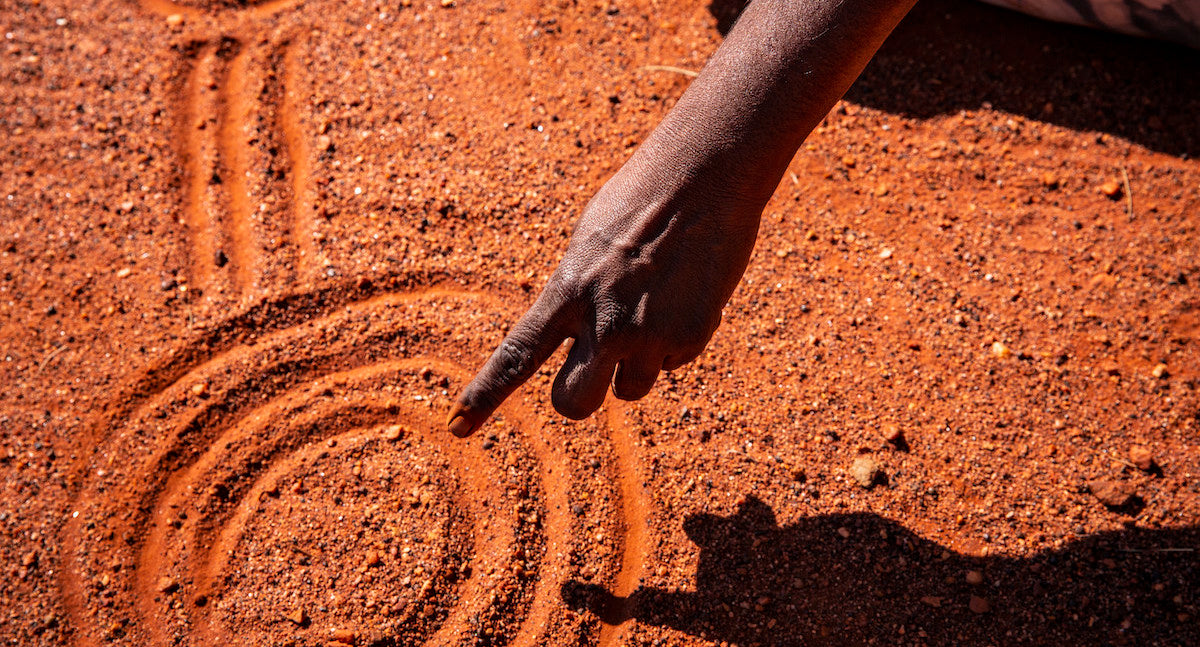
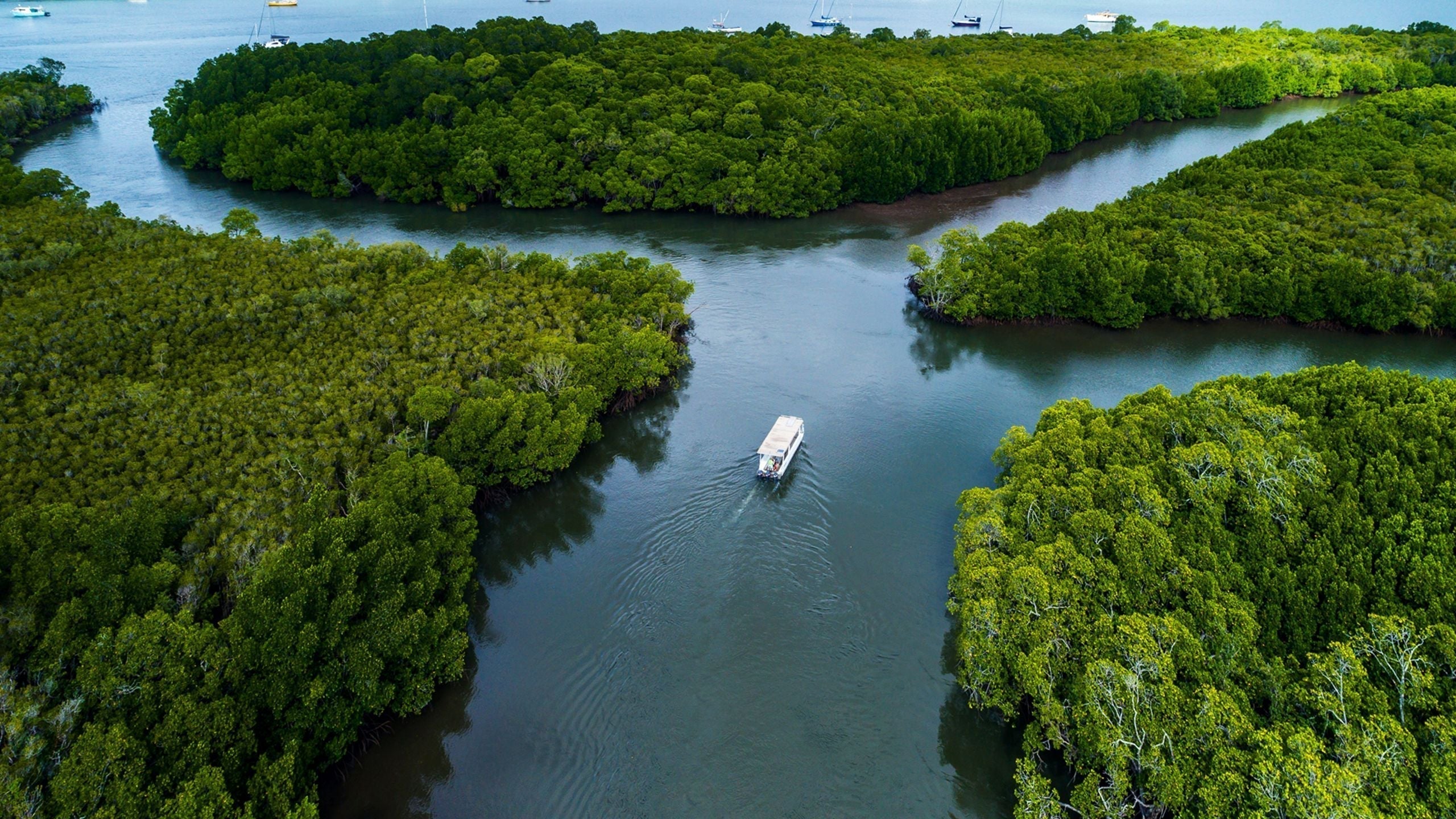

Leave a comment
This site is protected by hCaptcha and the hCaptcha Privacy Policy and Terms of Service apply.